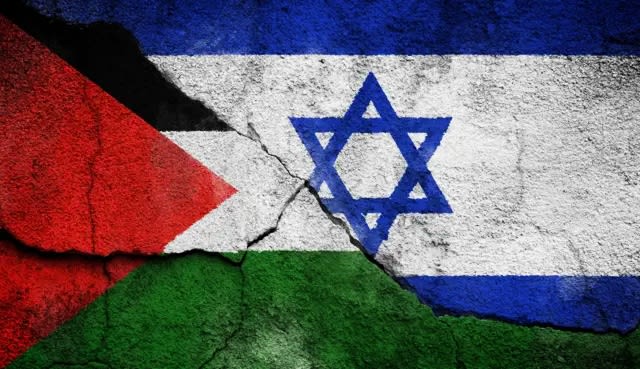Hamas movement confirmed on Saturday evening that it did not reject the proposal of the U.S. envoy for a ceasefire in Gaza, Steve Wicoff, considering it acceptable for negotiation, but described it as "unfair and completely biased towards Israel."
Leader Bassam Naeem clarified that Israel requested in its response to the proposal a temporary ceasefire for 60 days without clear guarantees on withdrawal or permanent cessation of war, in addition to receiving all prisoners during the first week of the truce, entry of humanitarian aid according to the new Israeli plan, negotiating withdrawal maps based on the new military presence in Gaza, with no guarantees for Israeli forces' withdrawal after negotiations, only redeployment and security arrangements within the sector.
Hamas responded through Palestinian-American businessman Bashar Bahbah, who facilitates talks with the movement, and also sent its response to Egyptian and Qatari mediators.
In its response, Hamas demanded changing the schedule for releasing the ten living hostages and eighteen bodies to be done in six installments during the ceasefire period, in addition to complete Israeli army withdrawal to the lines it was stationed before the collapse of the previous truce in March, clear American guarantees to end the war completely, which was the main point of contention.
The modified U.S. proposal sent by Wicoff last Wednesday stated a 60-day ceasefire, releasing 10 living hostages and 18 bodies held in Gaza, half on the first day and the other half on the seventh day of the truce, in exchange for Israel releasing 125 Palestinian prisoners serving life sentences, and 1100 other Palestinians detained by Israeli forces after October 7, 2023, and the bodies of 180 Palestinians killed during attacks on Israelis.
The proposal also stated that the United States, Qatar, and Egypt will ensure serious negotiations aiming for a permanent ceasefire, but Hamas demanded a clear American guarantee that the negotiations will end with a declaration of a permanent cessation of fighting.
An informed Israeli official considered Hamas' demands far from the U.S. proposal, including a ceasefire of up to seven years, complete Israeli army withdrawal from all areas controlled since March, canceling the new humanitarian distribution model (Gaza Support Fund), and returning to aid distribution through UN organizations as before March.
Negotiations to end the ongoing war for about 20 months have not made progress since Israel resumed its military operations in mid-March 2025, escalating in May with the aim of eliminating Hamas and freeing hostages held in the sector.
Meanwhile, Gaza continues to face difficult humanitarian conditions amid ongoing displacement and destruction, with international efforts to find a political and humanitarian solution to the ongoing crisis.

